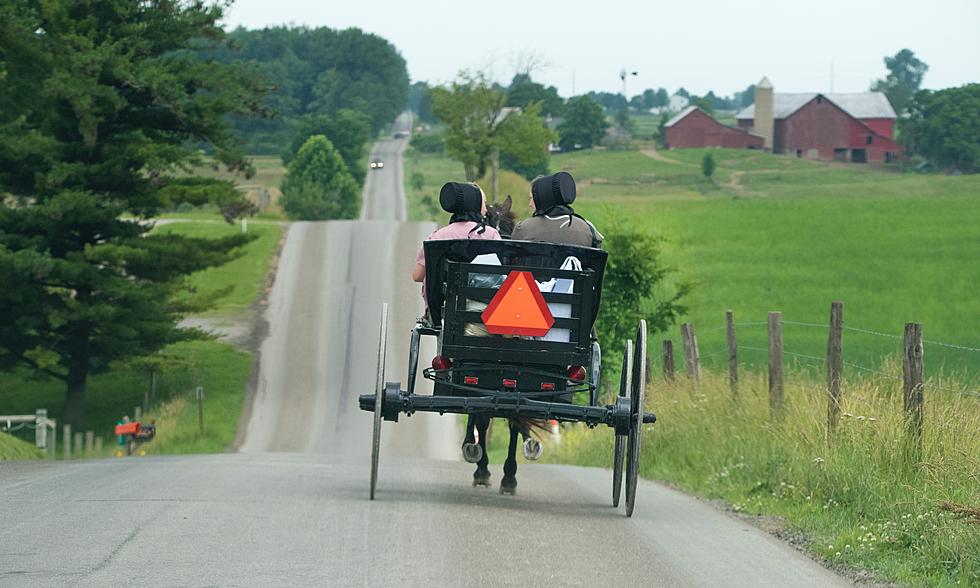
The Leading Cause of Death for Maine Millennials Has Changed, and It’s Absolutely Terrifying
It's always tough when we start talking about causes of death among different age groups in Maine. It's even more difficult when the author of the piece (me) is also a member of said age group.
Today, we're talking about Maine millennials and how the leading cause of death for them, errrr us, has changed.
But first, what even IS a millennial?
According to the Pew Research Center,
The Pew Research Center defines millennials as the people born from 1981 to 1996, choosing these dates for "key political, economic and social factors", including the September 11 terrorist attacks, the 2003 invasion of Iraq, Great Recession, and Internet explosion.
According to an article published by WGME 13, for years the leading cause of death among millennials in Maine has been car crashes. However, over the last couple of years, new research indicated that this is no longer the case.
WGME is reporting that the leading cause of death for Mainers born from 1981 to 1996 is now fentanyl overdoses. The news station reports a dramatic spike in overdose deaths since the COVID-19 pandemic.
WGME says that since COVID, Maine has seen a 74% increase in drug overdose deaths in people younger than 40.
Fortunately for middle-aged Mainers, the news isn't all bad.
Gordon Smith, the Governor's Opioid Response Czar, told WGME that investments in Maine's drug crisis that were made in 2019 are now finally starting to 'catch up' to help curb overdose-related deaths.
Smith said that there is a new methadone treatment as well as an estimated 300,000 NARCAN kits. Additionally, the state of Maine says that there has been the creation of even more beds designed to take on long-term rehab for Mainers suffering from addiction.
Though Maine has one the smallest populations of any state in the country, we still rank 8 out of 50 for annual overdose deaths, WGME said.
Gordon Smith told the news station in part,
"When we cracked down on the availability of pills, then many people did go to the street, and now they're at risk of using fentanyl. It's complicated. You have to help people recover from whatever drug it is they're using. And it goes to the more deadly, the more lethal the drug, in this case, fentanyl, the more likely we're going to lose them before they get into recovery."
LOOK: Radio DJS Put On The Largest Food Drive in Maine
Offbeat adventures: Travel to the coolest hidden wonders in every U.S. state
Gallery Credit: Sandi Hemmerlein
More From B98.5









